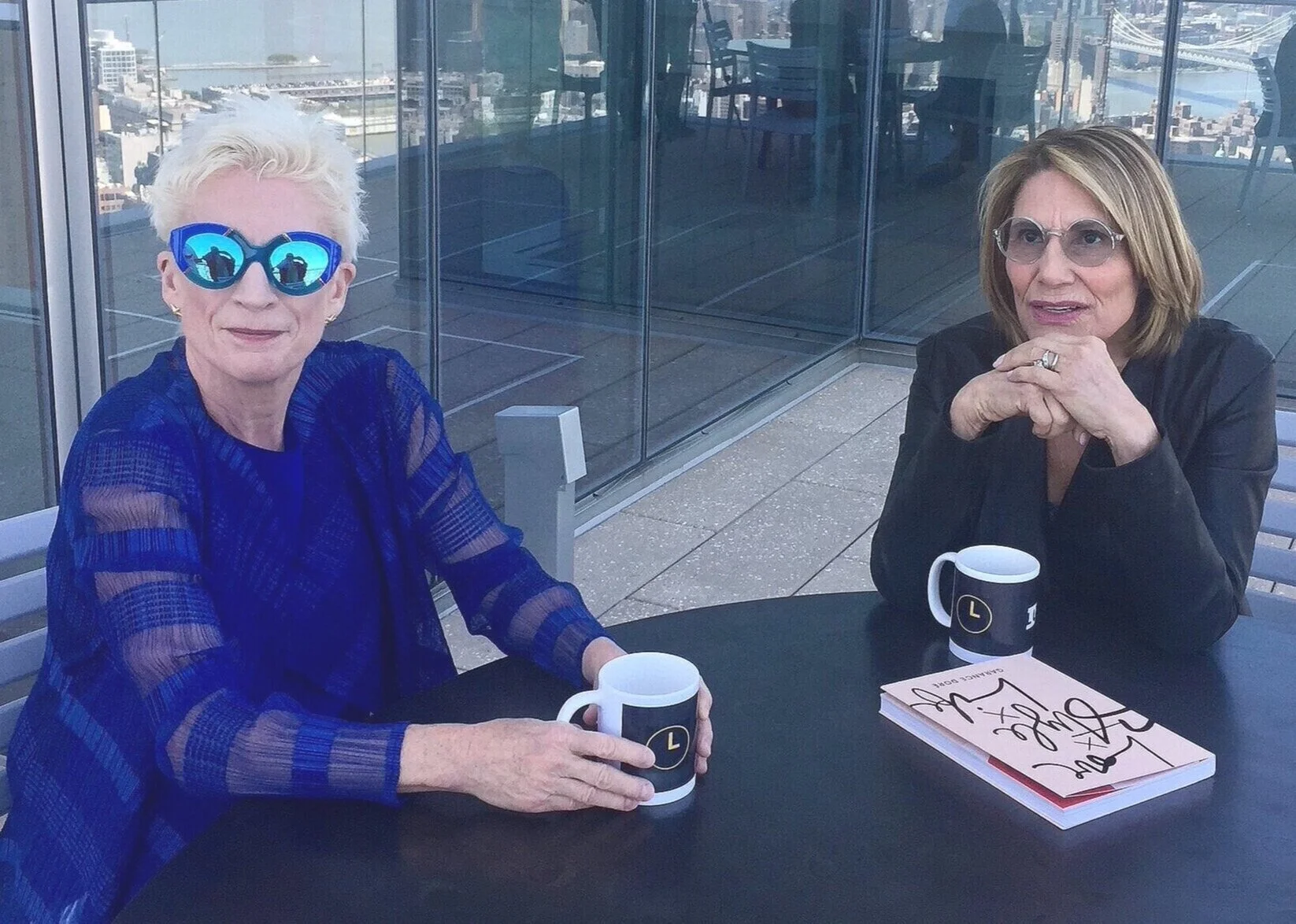Ten Ideas: Longevity and The Pandemic.
By Karen and Erica
We recently heard a fascinating talk sponsored by The Longevity Project. Its mission is to promote transformation in support of longer life—very congruent with our own mission here at Lustre.
So we have been following TLP for a while. Its presentations are always erudite and informative. The most recent one was Longevity and The Pandemic: A Look Back, A Look Ahead, which you can hear here. The speakers, who talked about the practical and conceptual impact of the pandemic on older people, have important roles and interesting backgrounds:
-
Laura Carstensen, Professor of Psychology and founding director of the Stanford Center on Longevity;
-
Andrew Scott, Professor of Economics at the London Business School and Author of “The 100 Year Life;”
-
Jack Rowe, Professor of Health Policy and Aging at Columbia University; and
-
John Eu-Li Wong, Senior Vice President of Health Innovation and Translation and Professor in Medical Sciences at the National University of Singapore.
They were surprisingly upbeat. Obviously, the pandemic has hurt older people badly, but some responses have been better than others, and changes beneficial to all of us have been accelerated, like greater access to telemedicine. We found a few ideas in particular to be intriguing, and we heard about some sites that seem pretty interesting.
Among the ideas we liked—not because they are remarkable but because they should not be:
-
In some countries, people think of older people as people. How about that?
-
Right now, there are more generations alive on the planet than ever before. A century ago a twenty year old might have a living mother. Now she might have a living mother, grandmother and great grandmother—and a child.
-
Intergenerational living is an idea we must embrace. Not all living in the same house, if we can help it, but all living in the same community.
-
Categorizing age groups into labeled tranches—Baby Boomers, Gen X, and so on—does nothing other than divide us. We’re not sure what we think about this proposition. Seems correct that it divides us—remember OK, Boomer? But is it useful to describe traits of people who have lived through the same externalities? Maybe.
-
We’re all in this together. Should be true.
As for the sites we found interesting—we already knew of the Stanford Center on Longevity, an organization dedicated to redesigning long life. The Center works with The Longevity Project. New for us are these:
-
Generations United. Its vision: a world that values and engages all generations. We too think intergenerational living and cooperation will build stronger societies.
-
Primetime Partners. An early-stage venture capital fund that supports companies that can transform the quality of living for older adults. One of its founders is Alan Patricof, who never stops.
-
Aging2.0. Building out the world's first collective intelligence platform for innovation in aging.
-
OATS. Helping older people use technology.
-
Age Friendly University Global Network. A network of institutions of higher education that have agreed to certain principles regarding education for older people, in light of the fact that the number of older adults is growing annually at unprecedented rates, and significantly more individuals are experiencing increased longevity.
Check them out. You might find them exciting. Especially as you are in the forefront of the new age they are all talking about.

